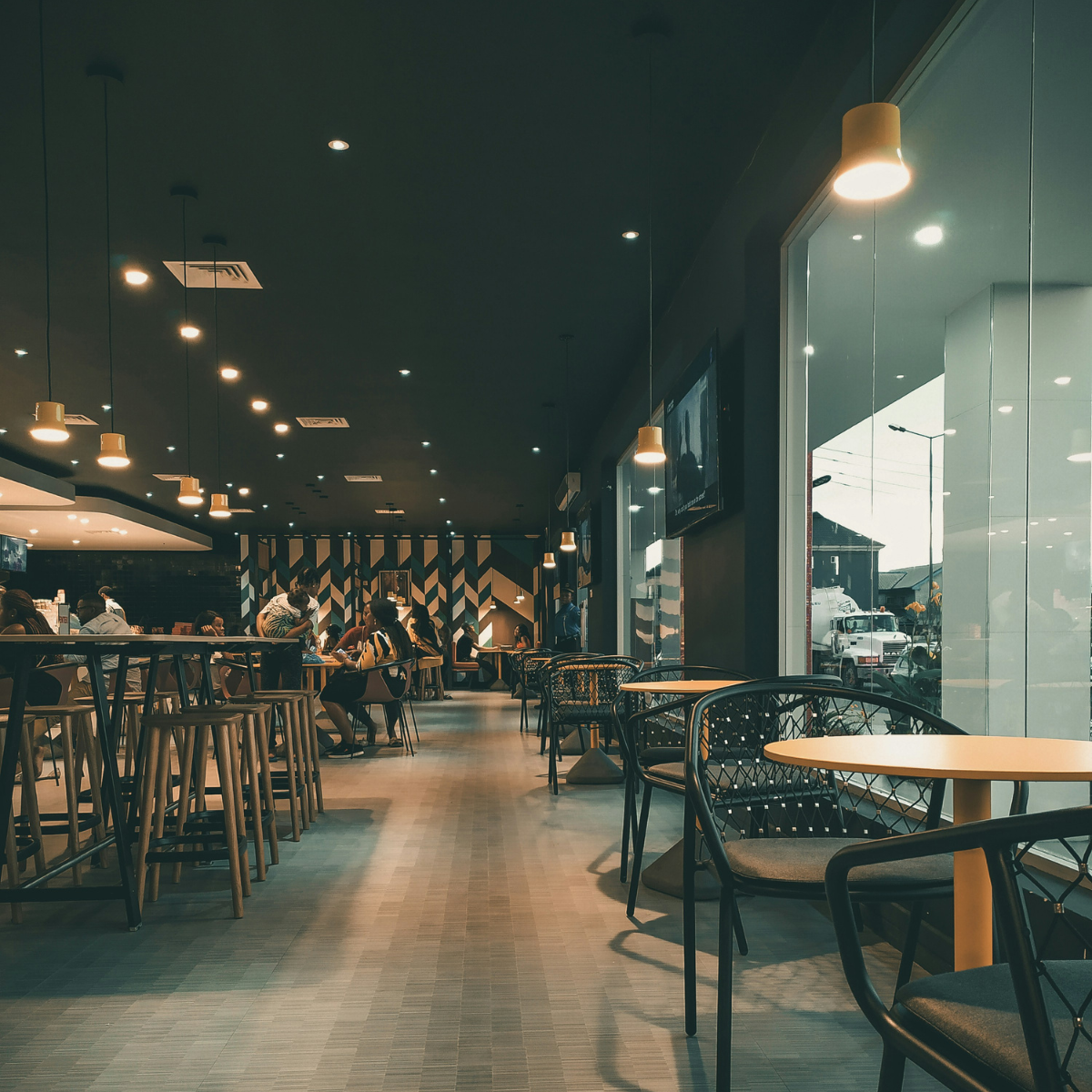Reinventing resilience: How UK hospitality is navigating 2025
Tuesday June 24th, 2025

The UK hospitality and leisure sector is no stranger to headwinds. But the first half of 2025 has tested even the most agile operators: mounting cost pressures, shifting consumer behaviour, and ongoing workforce challenges in an already trying environment. Still, signs of smart recovery are emerging.
At OakNorth, we’re focused on what’s next as we continue to back some of the sector’s most ambitious high-growth businesses. Here’s what we’re seeing.
- Consumers are cautious, but still spending
The cost of living remains a key pressure point. Two-thirds (66%) of British adults say their cost of living has risen in the last six months. However, real wage growth and pent-up demand are fuelling spend, especially in quick-service restaurants (QSRs) and experience-driven formats. Operators are leaning into value: simplifying menus, embracing promotions, and getting sharper on customer segmentation.
What this means: Know your core customer and adapt fast. Price sensitivity is high, but people still want to go out – they just want to feel it’s worth it.
- AI and automation are gaining ground
From AI-powered staff scheduling to robotic servers and automated check-in kiosks, tech is helping streamline cost-heavy operations. Chains like Zedwell Hotels and Miller & Carter are leading the charge, proving that even small, focused automation can boost margins and guest experience.
What this means: Digital optimisation isn’t a luxury, it’s a necessity. Operators who embed tech early will scale more efficiently.
- City centres are bouncing back
London now has the second-highest hotel occupancy globally, with regional cities like Birmingham and Manchester gaining steam. Inbound tourism, summer events, and hybrid working patterns are all fuelling demand. Meanwhile, suburban and community-led formats continue to attract investment for their stability and local appeal.
What this means: Location strategy matters more than ever. Urban and lifestyle-led offerings are back in favour, especially when paired with adaptable space and compelling food and beverage (F&B) options.
- Cost pressures aren’t easing
Labour costs jumped again in April, with the National Living Wage rising to £12.21 for employees aged 21 and over, and employer National Insurance Contributions up from 13.8% to 15%. Insolvencies have dipped since 2024 but remain above pre-pandemic norms.
What this means: Margin management will define success in H2 2025. Operators must continue trimming non-essential spend, boosting productivity, and future-proofing cost structures.
- The future is flexible and experience-led
Whether it’s Tarka’s 244-pod hostel with rooftop bar in Edinburgh, or Staycity’s plan to triple its European footprint, the future of hospitality is modular, scalable, and centred on experience. From day-to-night venues to tech-forward aparthotels, growth is happening where flexibility and guest satisfaction meet.
Outlook: Ready for resilience
Hospitality businesses that balance cost control with creativity, and leverage the right finance to grow, will lead the next chapter of sector recovery.
At OakNorth, we’re proud to support operators across the spectrum, from national chains to boutique innovators. Whether you’re expanding your footprint or exploring new formats, we’re here to help turn ambition into action.
Supporting hospitality with smarter finance
Whether you’re running a hotel, scaling a restaurant group, or investing in your next pub acquisition, OakNorth offers tailored business banking and lending solutions to help you grow with confidence.
Explore Business Banking for Hospitality
See our sector-specific Lending solutions


